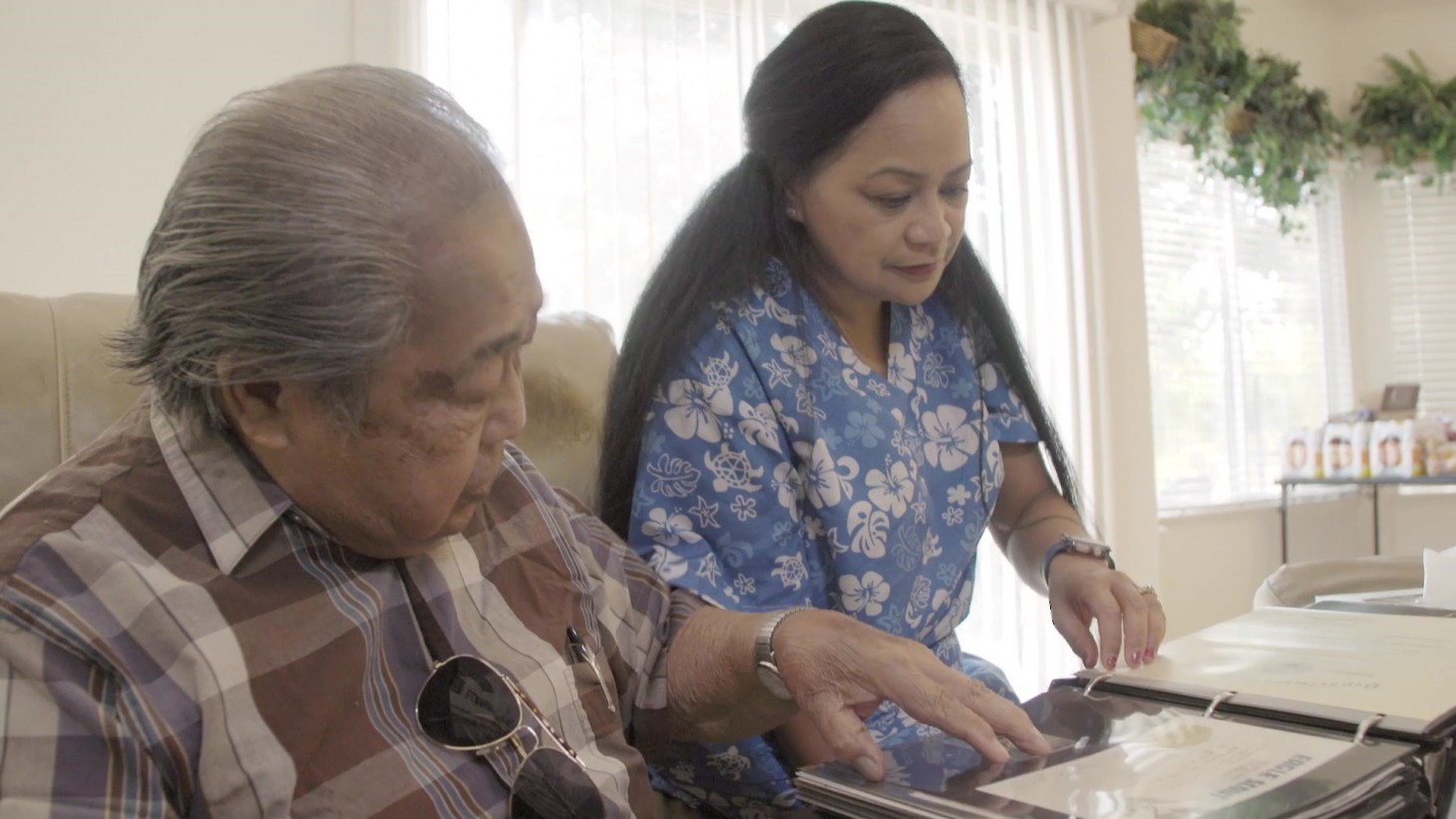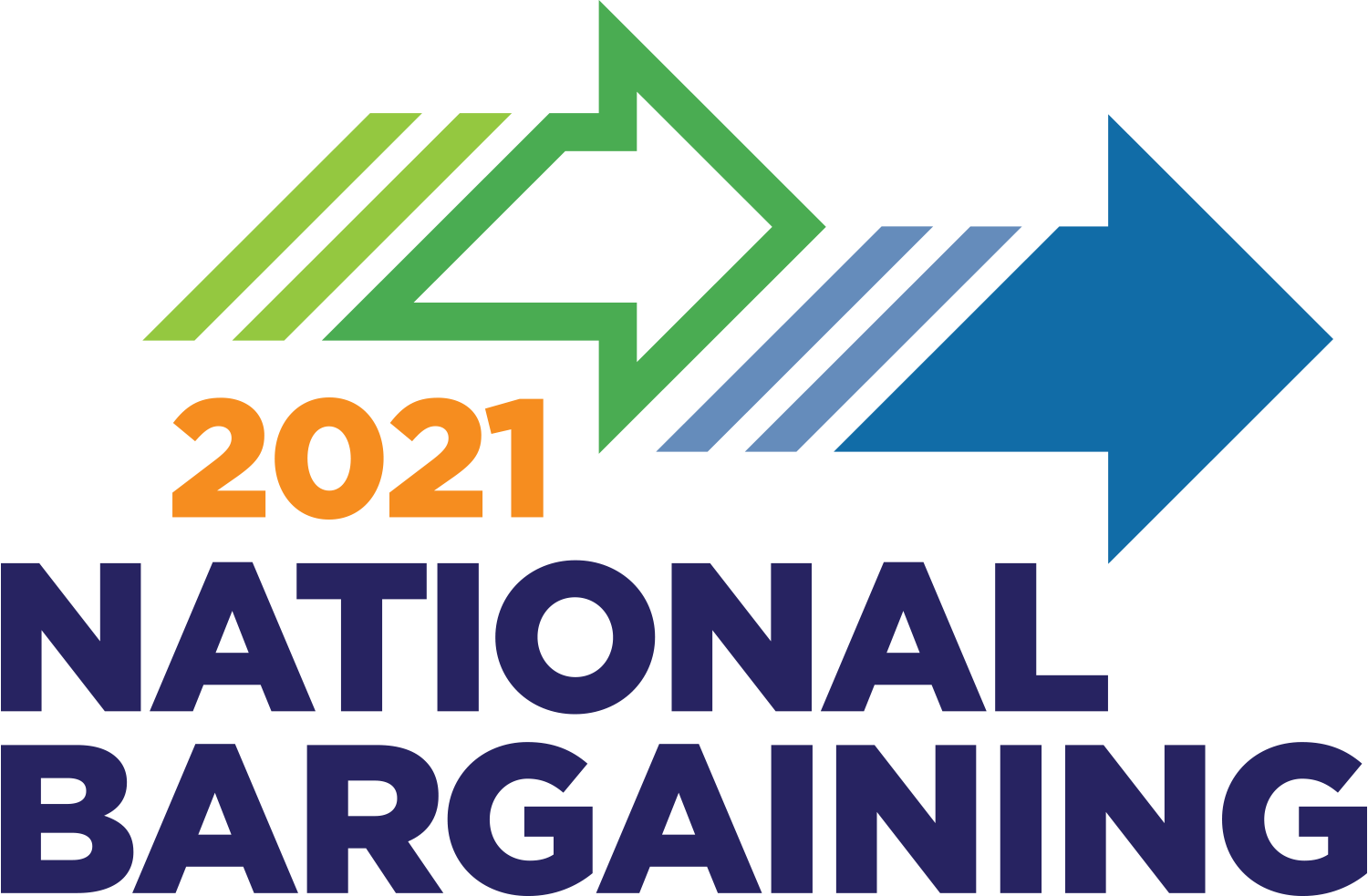
Medical assistant Abelene Cerezo-Kirtley can better care for her patients—and her dad (above)—thanks to new skills learned in the digital fluency program.
New digital fluency program sharpens skills for work, home and family life
Kaiser Permanente medical assistant Abelene Cerezo-Kirtley used to fear computers, but not anymore.
Inspired by her 84-year-old father, she took a pilot digital fluency course that made her more comfortable with technology, empowering her to provide better care for her patients—and her family.
As her father’s health advocate, she used her training to create a spreadsheet to track his insulin injections, consolidated his medical records on an iPad, and presented it to his physician.
“He asked me, ‘Are you a doctor?’” Cerezo-Kirtley says. “I said, ‘No, I’m a medical assistant.’ It made me feel 10 feet tall, and I’m only 4-foot-10.”
The new online program is free to all members of the Coalition of Kaiser Permanente Unions through the Ben Hudnall Memorial Trust, the SEIU UHW-West & Joint Employer Education Fund, and National Workforce Planning and Development. Visit kpcareerplanning.org, the Ben Hudnall Memorial Trust or the SEIU UHW-West & Joint Employer Education Fund websites to sign up.
A workforce development strategy
The digital fluency program, which takes four to six hours to complete, helps employees understand the role of technology in health care and know where to find additional learning resources. It’s part of a larger workforce strategy to encourage employees to upgrade their skills, advance their careers and meet future health care challenges.
“Digital fluency is one of four critical skills we’ve identified that Kaiser Permanente employees need to meet the changing demands of health care,” says Monica Morris, National Workforce Planning and Development director. “Whether you work in a medical center, clinic or office, we encourage employees to take the digital fluency program.”
Gaining skills builds confidence
Cerezo-Kirtley, now studying American Sign Language to better serve patients who are deaf or hard of hearing, has constantly upgraded her skills during her 19 years as a medical assistant at Kaiser Permanente’s Sacramento Medical Center. Her father, a retired airline mechanic who earned a master’s degree, modeled lifelong learning, and KP has enabled it through negotiated benefits such as tuition reimbursement. Cerezo-Kirtley, a member of SEIU-UHW, jumped at the chance to improve her digital fluency.
“The digital fluency program gave me the confidence to keep wanting to learn more,” says Cerezo-Kirtley. “It helped me care better for my family and my patients.”
Her manager, Jennifer Henson, RN, agrees. “It’s important to support our staff to advance themselves, which in turn promotes better health within the company,” says Henson, who has used tuition reimbursement herself to earn her nursing degree and is now working toward a master’s degree.

Health care is changing. Be current. Do your homework. Advance your career.
Advancing your career
Carolina Aceves, 30, a Kaiser Permanente account administrative representative in San Diego, took the course this summer after learning about it from the Ben Hudnall Memorial Trust.
“The course was eye-opening,” Aceves says. “It’s given me more guidance for where I would like to go and what tools I would need to get there.”
Aceves, who chairs a young leader council for OPEIU Local 30, aspires to work in community health or become a union organizer. She encourages colleagues of all ages to take the digital fluency course. “Health care is changing,” Aceves says. “Be current. Do your homework. Advance your career.”
Preparing for the future
Digital fluency skills are good for workers, KP members and the company, said Jessica Butz, the Coalition of Kaiser Permanente Unions’ national program coordinator for Workforce Planning and Development.
“Learning these critical skills will prepare our workers for jobs in the future and give them the tools to shape and improve care for our members and patients,” Butz says.
Cerezo-Kirtley’s oldest son, Abel, 34, also sees a benefit of his mom’s digital training: “She is no longer afraid to touch a computer. I don’t need to be the resident IT guy 24/7—now it’s only maybe two days a week.”
